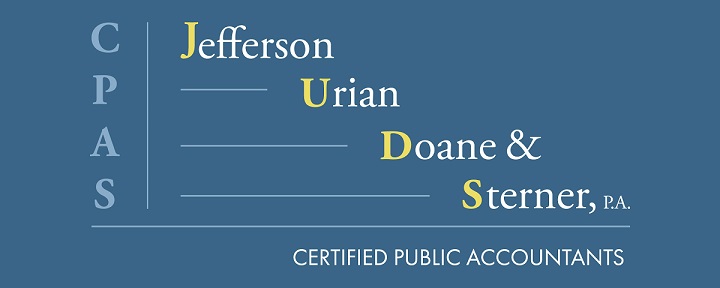Tax depreciation rules for business automobiles
Tax depreciation rules for business automobiles
If you use an automobile in your trade or business, you may wonder how depreciation tax deductions are determined. The rules are complicated, and special limitations that apply to vehicles classified as passenger autos (which include many pickups and SUVs) can result in it taking longer than expected to fully depreciate a vehicle.
Cents-per-mile vs. actual expenses
First, note that separate depreciation calculations for a passenger auto only come into play if you choose to use the actual expense method to calculate deductions. If, instead, you use the standard mileage rate (56 cents per business mile driven for 2021), a depreciation allowance is built into the rate.
If you use the actual expense method to determine your allowable deductions for a passenger auto, you must make a separate depreciation calculation for each year until the vehicle is fully depreciated. According to the general rule, you calculate depreciation over a six-year span as follows: Year 1, 20% of the cost; Year 2, 32%; Year 3, 19.2%; Years 4 and 5, 11.52%; and Year 6, 5.76%. If a vehicle is used 50% or less for business purposes, you must use the straight-line method to calculate depreciation deductions instead of the percentages listed above.
For a passenger auto that costs more than the applicable amount for the year the vehicle is placed in service, you’re limited to specified annual depreciation ceilings. These are indexed for inflation and may change annually.
- For a passenger auto placed in service in 2021 that cost more than $59,000, the Year 1 depreciation ceiling is $18,200 if you choose to deduct $8,000 of first-year bonus depreciation. The annual ceilings for later years are: Year 2, $16,400; Year 3, $9,800; and for all later years, $5,860 until the vehicle is fully depreciated.
- For a passenger auto placed in service in 2021 that cost more than $51,000, the Year 1 depreciation ceiling is $10,200 if you don’t choose to deduct $8,000 of first-year bonus depreciation. The annual ceilings for later years are: Year 2, $16,400; Year 3, $9,800; and for all later years, $5,860 until the vehicle is fully depreciated.
- These ceilings are proportionately reduced for any nonbusiness use. And if a vehicle is used 50% or less for business purposes, you must use the straight-line method to calculate depreciation deductions.
Heavy SUVs, pickups, and vans
Much more favorable depreciation rules apply to heavy SUVs, pickups, and vans used over 50% for business, because they’re treated as transportation equipment for depreciation purposes. This means a vehicle with a gross vehicle weight rating (GVWR) above 6,000 pounds. Quite a few SUVs and pickups pass this test. You can usually find the GVWR on a label on the inside edge of the driver-side door.
After-tax cost is what counts
What’s the impact of these depreciation limits on your business vehicle decisions? They change the after-tax cost of passenger autos used for business. That is, the true cost of a business asset is reduced by the tax savings from related depreciation deductions. To the extent depreciation deductions are reduced, and thereby deferred to future years, the value of the related tax savings is also reduced due to time-value-of-money considerations, and the true cost of the asset is therefore that much higher.
The rules are different if you lease an expensive passenger auto used for business. Contact us if you have questions or want more information.
© 2021










